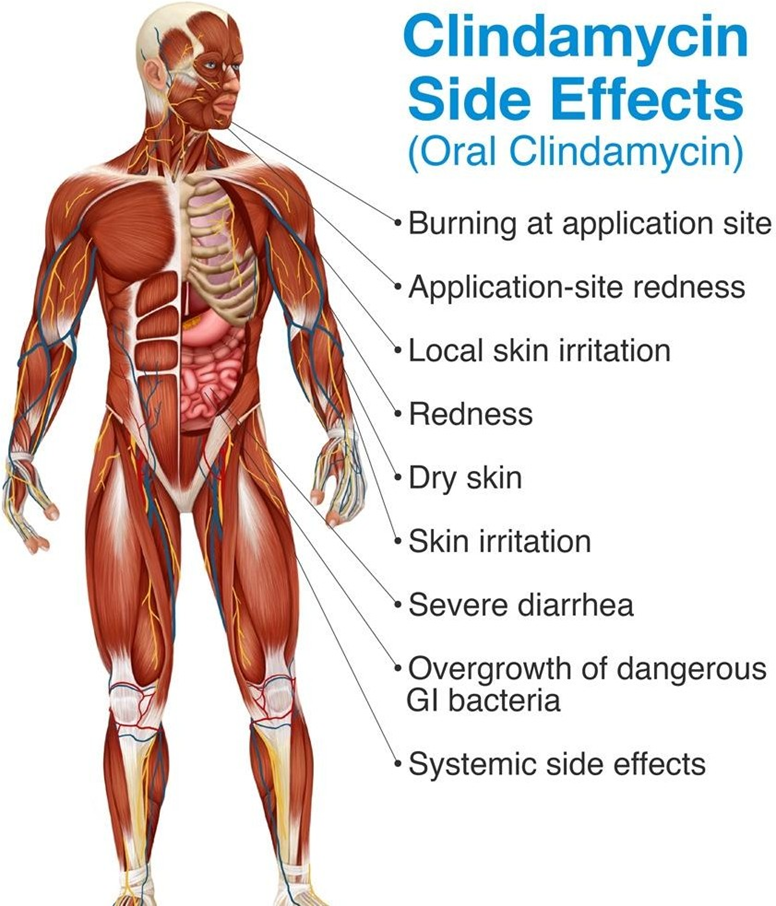A nurse is preparing to administer the initial dose of penicillin G IM to a client. The nurse should monitor for which of the following as an indication of an allergic reaction following the injection?
Pallor
Dyspepsia
Bradycardia
Urticaria
The Correct Answer is D
A. Pallor: Pallor refers to paleness of the skin and is not typically associated with an allergic reaction to penicillin G IM.
B. Dyspepsia: Dyspepsia refers to indigestion or discomfort in the upper abdomen and is not typically associated with an allergic reaction to penicillin G IM.
C. Bradycardia: Bradycardia refers to a slow heart rate and is not typically associated with an allergic reaction to penicillin G IM.
D. Urticaria: Urticaria, commonly known as hives, is a characteristic manifestation of an allergic reaction to penicillin G IM. It presents as raised, red, itchy welts on the skin.

Nursing Test Bank
Naxlex Comprehensive Predictor Exams
Related Questions
Correct Answer is B
Explanation
A. Respiratory rate: While propranolol can potentially affect respiratory function in individuals with certain respiratory conditions, such as asthma, assessing the respiratory rate is not typically a priority assessment before administering propranolol.
B. HR rate: Propranolol is a beta-blocker that primarily affects heart rate and blood pressure.
Therefore, assessing the heart rate (HR) is crucial prior to administering propranolol, as it can cause bradycardia and heart block.
C. Pain level: Propranolol is not typically associated with pain modulation or analgesic effects.
Assessing pain level may be relevant for other medications or conditions but is not specifically related to propranolol administration.
D. Temperature: Propranolol does not typically affect body temperature, and assessing temperature is not typically necessary before administering propranolol.
Correct Answer is A
Explanation
A. Clindamycin is associated with a common adverse effect of watery diarrhea, which may indicate Clostridium difficile-associated diarrhea (CDAD) or pseudomembranous colitis.
B. Blurred vision is not a typical adverse effect of clindamycin.
C. Hypertension is not a typical adverse effect of clindamycin.
D. Agitation is not a typical adverse effect of clindamycin.

Whether you are a student looking to ace your exams or a practicing nurse seeking to enhance your expertise , our nursing education contents will empower you with the confidence and competence to make a difference in the lives of patients and become a respected leader in the healthcare field.
Visit Naxlex, invest in your future and unlock endless possibilities with our unparalleled nursing education contents today
Report Wrong Answer on the Current Question
Do you disagree with the answer? If yes, what is your expected answer? Explain.
Kindly be descriptive with the issue you are facing.
